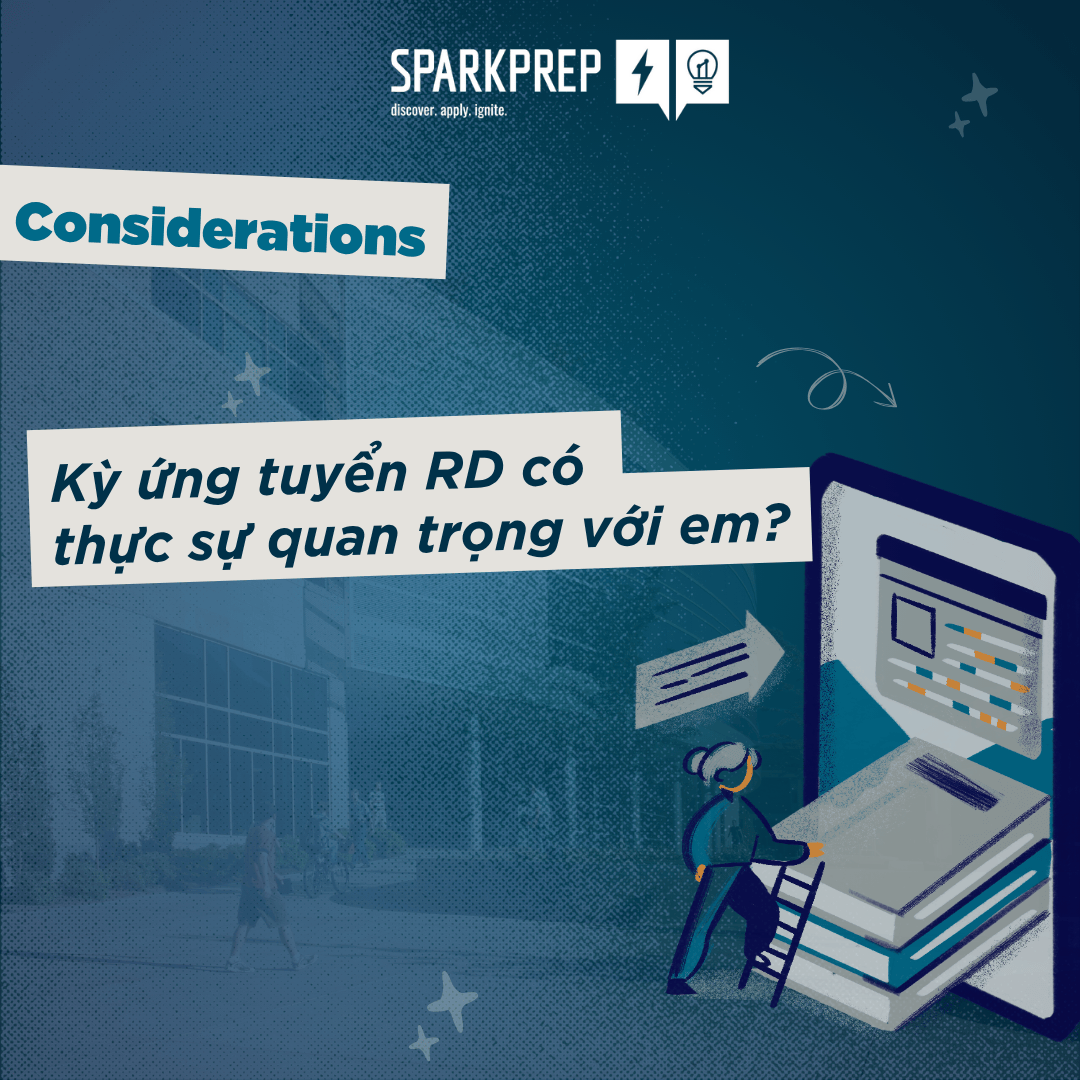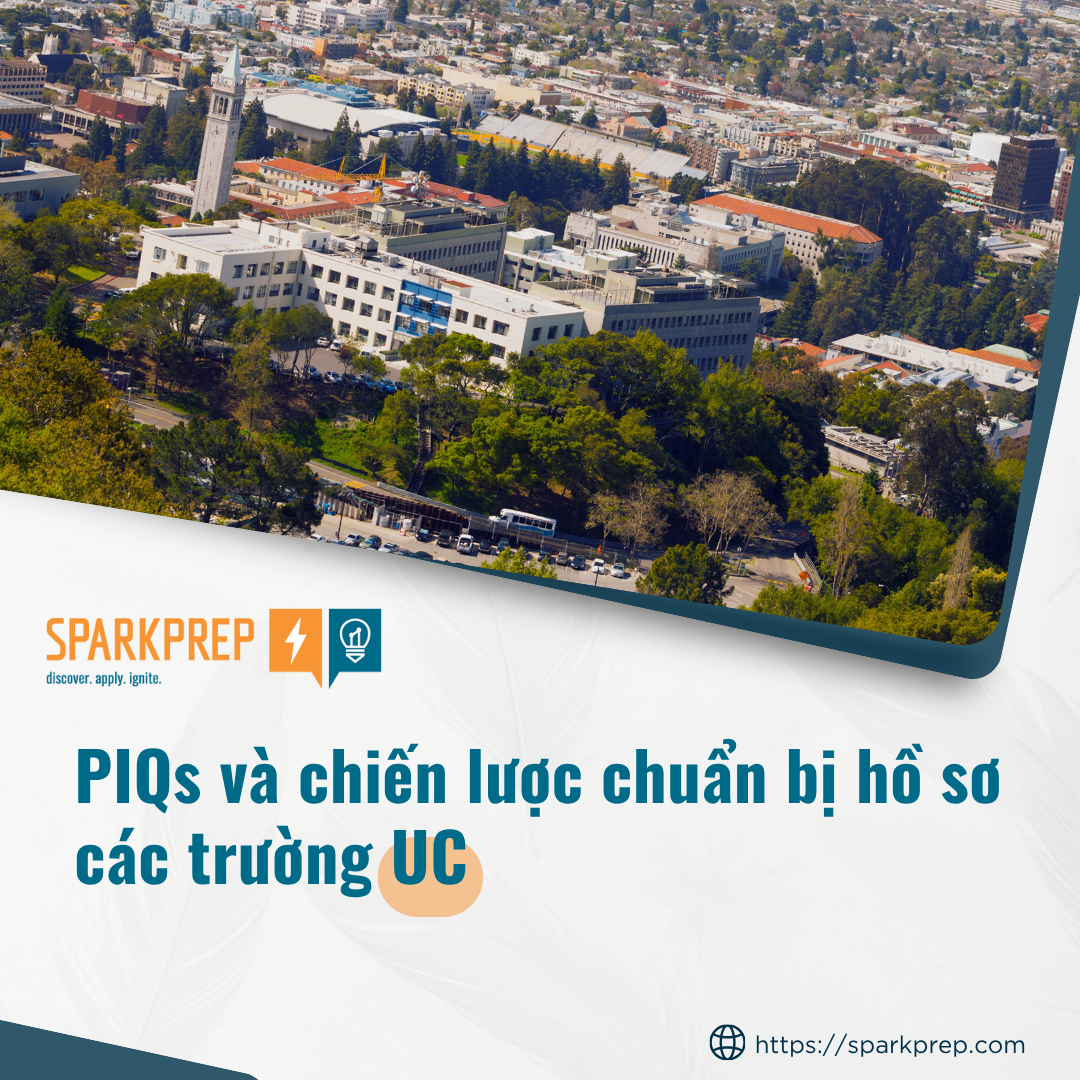When you're aiming for admission to a U.S. college or university, it's essential to understand the common criteria that admissions committees consider. While each institution has its unique requirements, several key factors consistently play a role in the decision-making process. In this guide, we'll explore the most common admission criteria, how they are evaluated, and offer tips on how to strengthen your application.
Your GPA is a fundamental component of your application, providing colleges with a snapshot of your academic performance throughout high school. Here's what you need to know:
- Weighted vs. Unweighted GPA: Some schools use weighted GPAs, which give extra weight to honors or advanced placement (AP) courses. Others use unweighted GPAs, treating all courses equally.
- Transcript review: Colleges closely examine your high school transcript to assess the rigor of your coursework. Admissions committees want to know whether you've challenged yourself academically and taken advantage of advanced or honors courses. Let's consider enrolling in courseworks that demonstrate your commitment to academic excellence.
- Trends matter: An upward trajectory in your GPA can demonstrate growth and a commitment to academic improvement. Conversely, a downward trend might raise questions.
[Read more: How to maintain academic goals and good GPA?]
Standardized tests like the SAT and ACT provide colleges with a standardized measure of your academic abilities. Here's how they factor in:
- Test-Optional Policies: Many institutions have adopted test-optional policies, allowing you to decide whether to submit scores. Be sure to check each school's policy to determine whether you should include them.
- Holistic review: Even for test-optional schools, strong test scores can bolster your application. In cases where scores are required, they play a more significant role.
- Superscoring: Some colleges "superscore" by considering your highest section scores from multiple test dates, potentially improving your overall score.
[Read more: 13 Test Prep Tips for SAT/ACT Takers]
Your involvement in extracurricular activities can showcase your interests, talents, and leadership abilities:
- Quality over quantity: It's not about how many clubs you join but rather the depth of your involvement and the impact you've made.
- Leadership roles: Holding leadership positions within clubs or organizations can demonstrate your ability to take initiative and make a difference.
- Passion projects: Pursuing activities you're genuinely passionate about can set you apart and show a sense of purpose.
Letters of recommendation provide a more personal perspective on your abilities and character:
- Choose wisely: Select teachers, mentors, or supervisors who can speak to your strengths and potential.
- Personalize your requests: Approach potential recommenders early, and provide them with insights into your goals and accomplishments.
- Thank them: Always express your gratitude to those who write recommendations on your behalf.
[Read more: Letters of recommendation – Things you should know about
What Does a Great Letter of Recommendation Look Like?]

A strong GPA and standardized test scores are essential, but so too are your extracurricular activities,
personal statements, and other elements that demonstrate your potential and character
Your essays and personal statements offer an opportunity to go beyond the numbers and reveal your personality:
- Authenticity matters: Write in your own voice and be authentic. Share meaningful experiences and insights.
- Proofread and Edit: Typos and grammar mistakes can detract from your message, so proofread your essays carefully.
- Answer the Prompt: Make sure your essays address the specific questions or prompts provided by each school.
[Read more: How to Write a Great Personal Statement]
Colleges may track your engagement with their institution to gauge your level of interest:
- Campus visits: Whenever possible, visit the campuses of your top-choice schools. Attend information sessions and tours.
- Virtual engagement: In the absence of physical visits, engage with colleges through virtual tours, webinars, and online Q&A sessions.
- Interviews: If offered an interview, take advantage of the opportunity to express your interest and learn more about the school.
If you have unique talents or accomplishments, be sure to highlight them:
- Artistic Portfolios: If you're pursuing the arts, prepare a portfolio showcasing your work.
- Athletic Achievements: If you're a talented athlete, consider reaching out to coaches and submitting athletic profiles.
- Awards and Recognitions: Mention any significant awards, honors, or competitions you've participated in.
- Diversity and Inclusivity: Embrace and celebrate your unique background and experiences in your application.
In conclusion, the college admissions process considers multiple factors to create a holistic view of each applicant. A strong GPA and standardized test scores are essential, but so too are your extracurricular activities, personal statements, and other elements that demonstrate your potential and character. Since each school has its unique criteria, research and tailor your applications accordingly is important to prepare a compelling application.
Always be yourself, put your best foot forward, and find the college that aligns with your goals and values - and you'll do great!
 When Will You Hear Back? A Clear Timeline for U.S. College Admissions Decisions
When Will You Hear Back? A Clear Timeline for U.S. College Admissions Decisions
Wondering when U.S. colleges release decisions? Learn clear timelines for ED, EA, RD, and Rolling Admissions, plus smart tips to prepare while waiting.
Read more Demonstrated Interest: A Hidden Advantage in Your College Application
Demonstrated Interest: A Hidden Advantage in Your College Application
Learn how Demonstrated Interest can strengthen your college application. Spark Prep shares practical strategies to show genuine engagement and stand out at schools that value applicant interest.
Read more Regular Decision: Smart Strategies to Maximize Your College Admissions Chances
Regular Decision: Smart Strategies to Maximize Your College Admissions Chances
Regular Decision gives students a chance to update their profile, expand school options, and strategically strengthen their applications after EA/ED to maximize admission outcomes.
Read more Inside the UC Admissions Review: How to Maximize Your PIQs and Stand Out
Inside the UC Admissions Review: How to Maximize Your PIQs and Stand Out
Discover insider insights into UC’s holistic review process, from the 13 evaluation criteria to strategic PIQ writing. Learn how to highlight your context, values, and growth to stand out.
Read more Scholarships vs Financial Aid in U.S. Admissions: What Families Must Know?
Scholarships vs Financial Aid in U.S. Admissions: What Families Must Know?
Sticker price isn’t the final cost families pay for U.S. colleges. This guide explains the difference between scholarships and need-based aid and help families save more.
Read moreHanoi: 4th floor, 102-104 Lang Ha, Dong Da District
HCM: Toong Tan Hung, F16 Street No. 10 Him Lam Urban Area, Tan Hung Ward, District 7